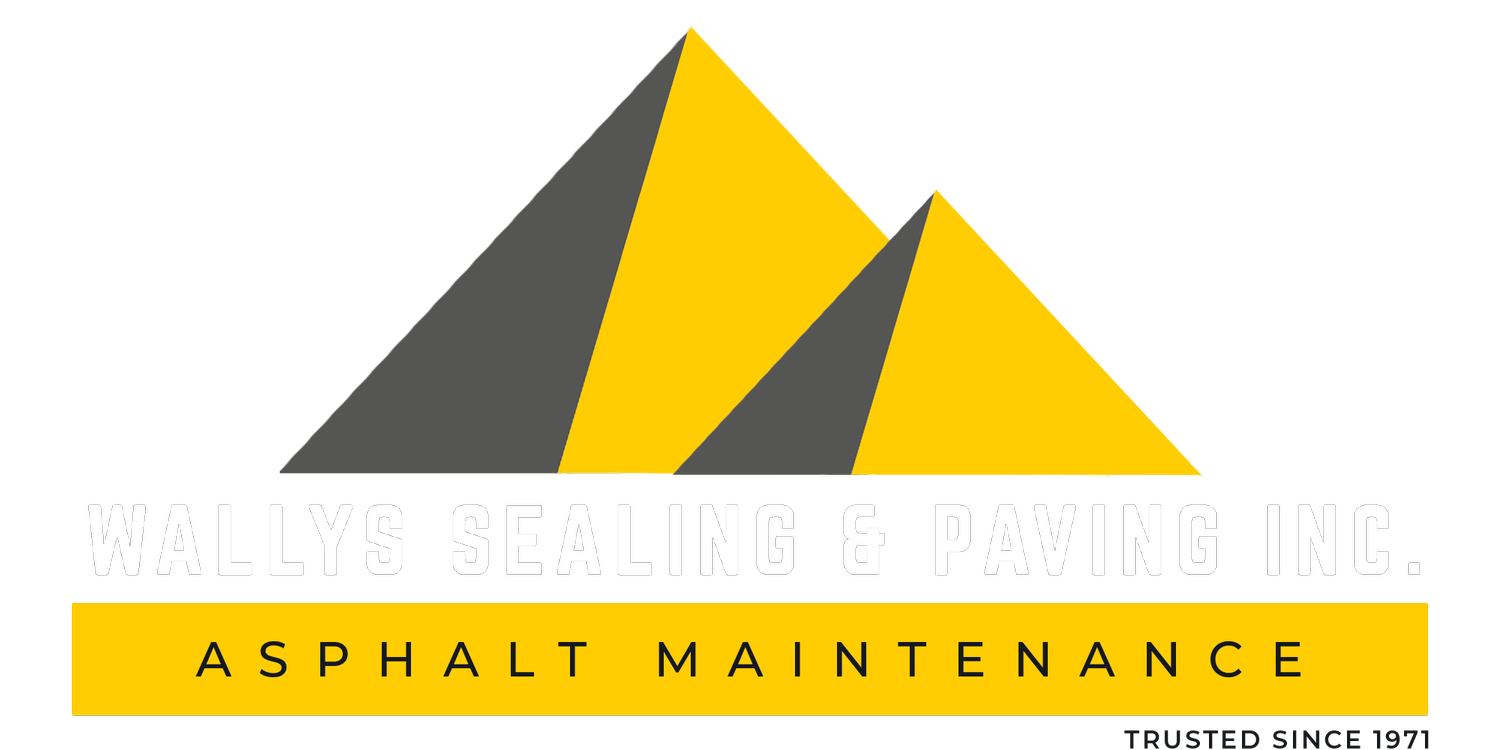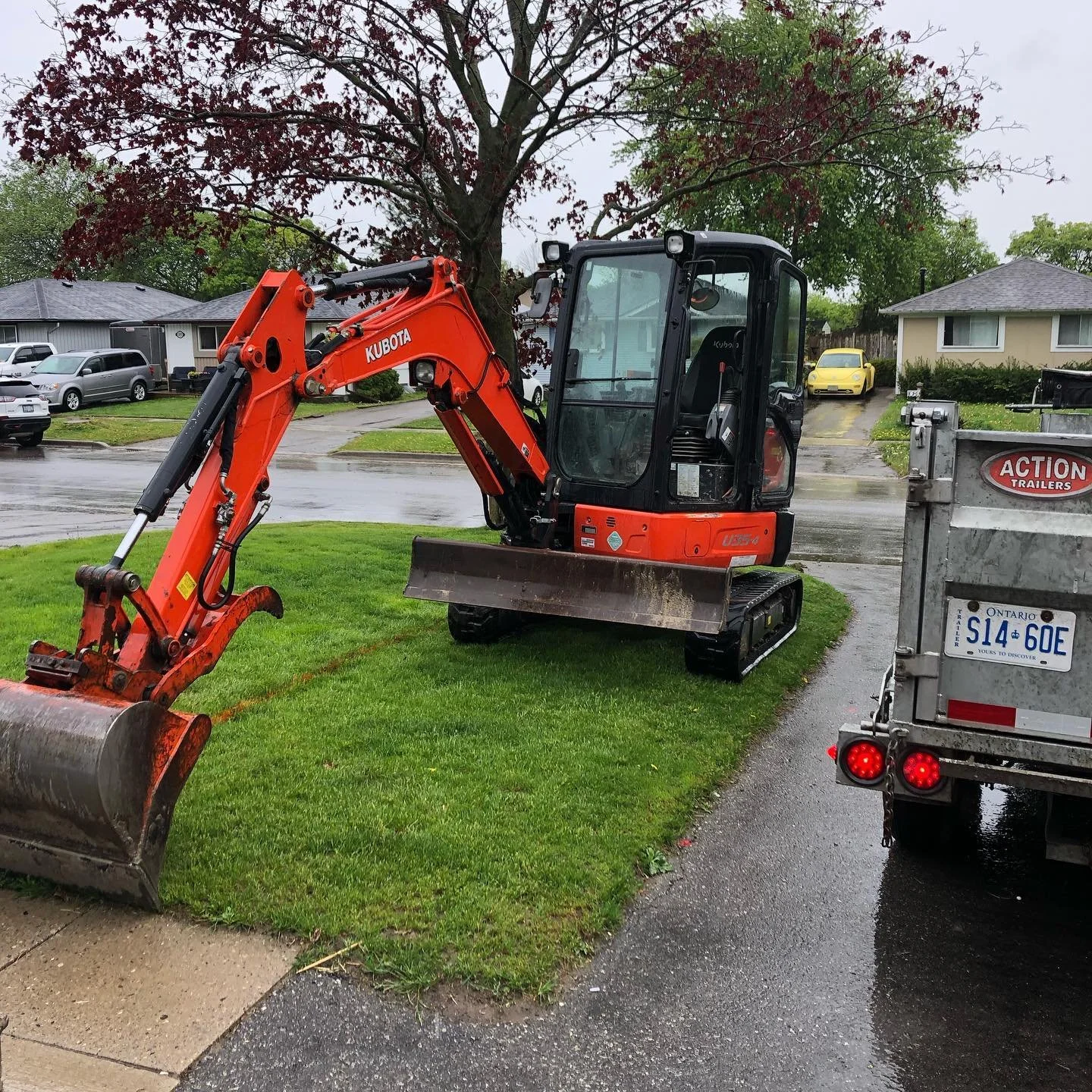DRIVEWAY EXTENSIONS
DRIVEWAY EXTENSIONS
It is a frustrating situation not having enough space in your driveway for your extra car, your boat, or your RV. This is a situation that we come across regularly and one that we have become experts in fixing. Wally’s Sealing & Paving Inc. has the experience and knowledge needed when it comes to extending your driveway for your beloved sports car and for your child’s sweet 16 first-ever car.
OUR PROCESS
Our estimating team will first come to see your driveway to learn every want that you have for your needed extension. Our quote will note the details needed to satisfy your vision, to bring safety to your driveway, and to extend the life of your asset to the fullest.
We will be there to accomplish every part of the process, from beginning to end. If there is any digging or excavation needed, we will take care of gathering the locates before beginning the work.
On the day of the job, we will rip up and remove all old asphalt or topsoil that is in location of the area needing an extension. In the desired location of extension, we will dig down 8-12” to prep the base with a minimum of 6 inches of heavily tamped crushed granular based gravel. The base will be filled in to reach the required elevation level, and compaction will flatten and highly densify the soil beneath which will make for a stable base underneath your newly laid asphalt extension. When the base is prepped to the right level and compaction; we will then repave the area with 2” of compressed hot HL3 asphalt. The extension will be paved to grade with the already existing driveway, for a flawless and edgeless seam.
Once the job is complete, we recommend a 14-day curing time at the minimum. If necessary; you can walk on it after 24 hours, you can drive on it after 72 hours, and you can park on it after 14 days. In these early stages of curing, we recommended no turning car tires – always drive straight on the asphalt (for 6 months). In the summer, if possible, wait at least a month before parking on your new extension. The added heat keeps the asphalt more pliable and the risk for early surface damage is higher.
























